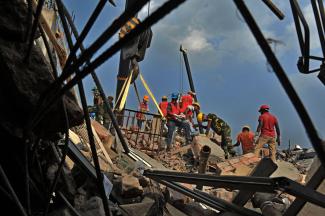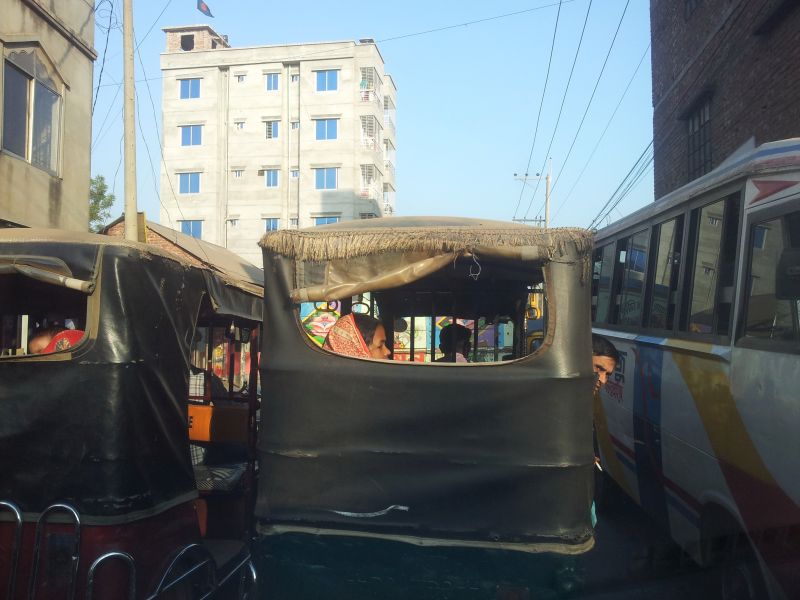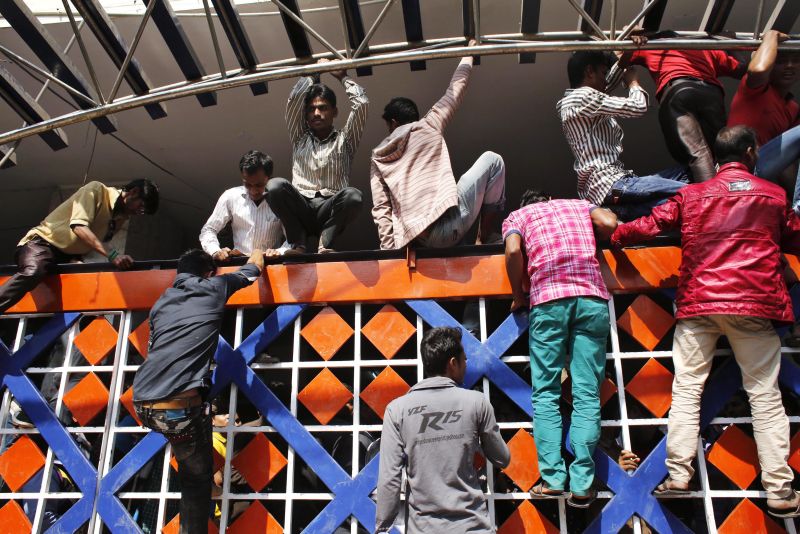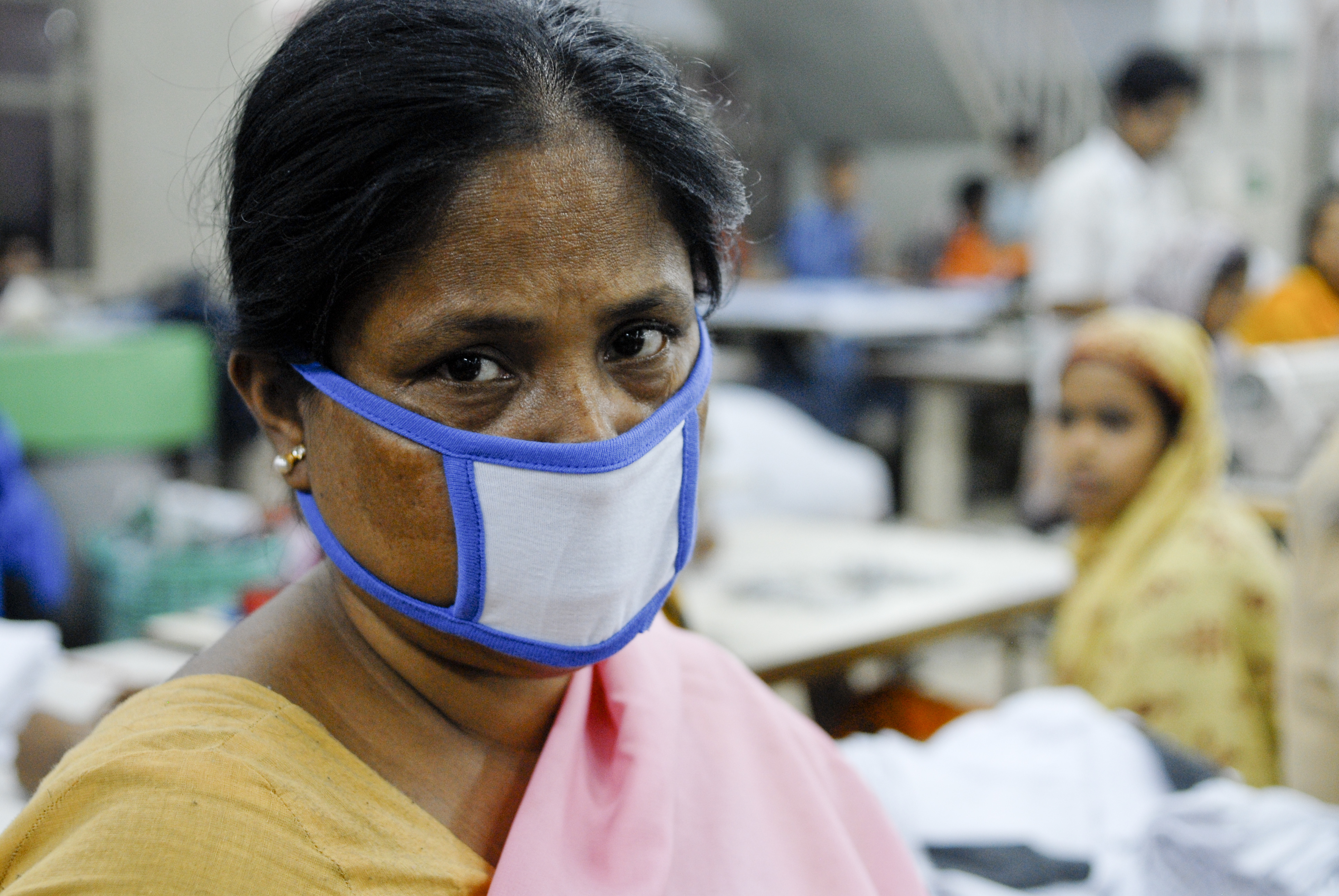AWAJ Foundation
New kind of labour movement

Both incidents were caused by negligence and flagrant violation of existing building codes and fire regulations. The Tazreen fire started in an illegal ground floor storage area used to store fabric and yarn, and spread to the upper floors. Managers ordered workers to ignore a fire alarm and locked gates. The building lacked emergency exits.
Rana Plaza, an eight-storey building in a Dhaka suburb, had a building permit for only five storeys. The building was not strong enough to bear the weight and vibration of heavy machines. A day before the collapse, cracks were found in some pillars. The manager of the BRAC Bank office on the ground floor sent his workers home. Garment factory workers, however, were ordered to report for work. About 1,200 of them died.
In both cases, disregard of laws contributed to the disasters. The country’s traditional trade unions are focused on transportation, banking and the public sector. They are male-dominated and have made few inroads into the garment sector, which mostly employs women.
In 2003, Nazma Akter started the AWAJ Foundation to educate female garment workers about their rights and provide legal support. The foundation runs 18 women’s cafés, where tired garment workers can stop by after work for tea, legal advice and even basic health-care services. AWAJ offers a range of informal and formal training programmes. One café has begun to offer child-care services.
For Akter, female leadership is the key to the future of the labour movement in the garment sector. The AWAJ Foundation trains women peer educators and factory-floor cell leaders in labour law, communication, negotiation and leadership skills. These women help settle disputes on issues such as wages, overtime, holidays and maternity leave in their respective factories.
Akter wants to pave the way for a new kind of labour movement. Indeed, many women she trained went on to found labour unions in their factories when restrictions on union organising were eased after Rana Plaza. (ms)











